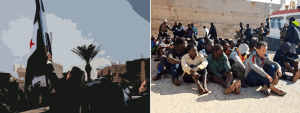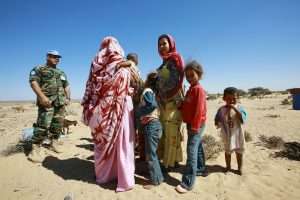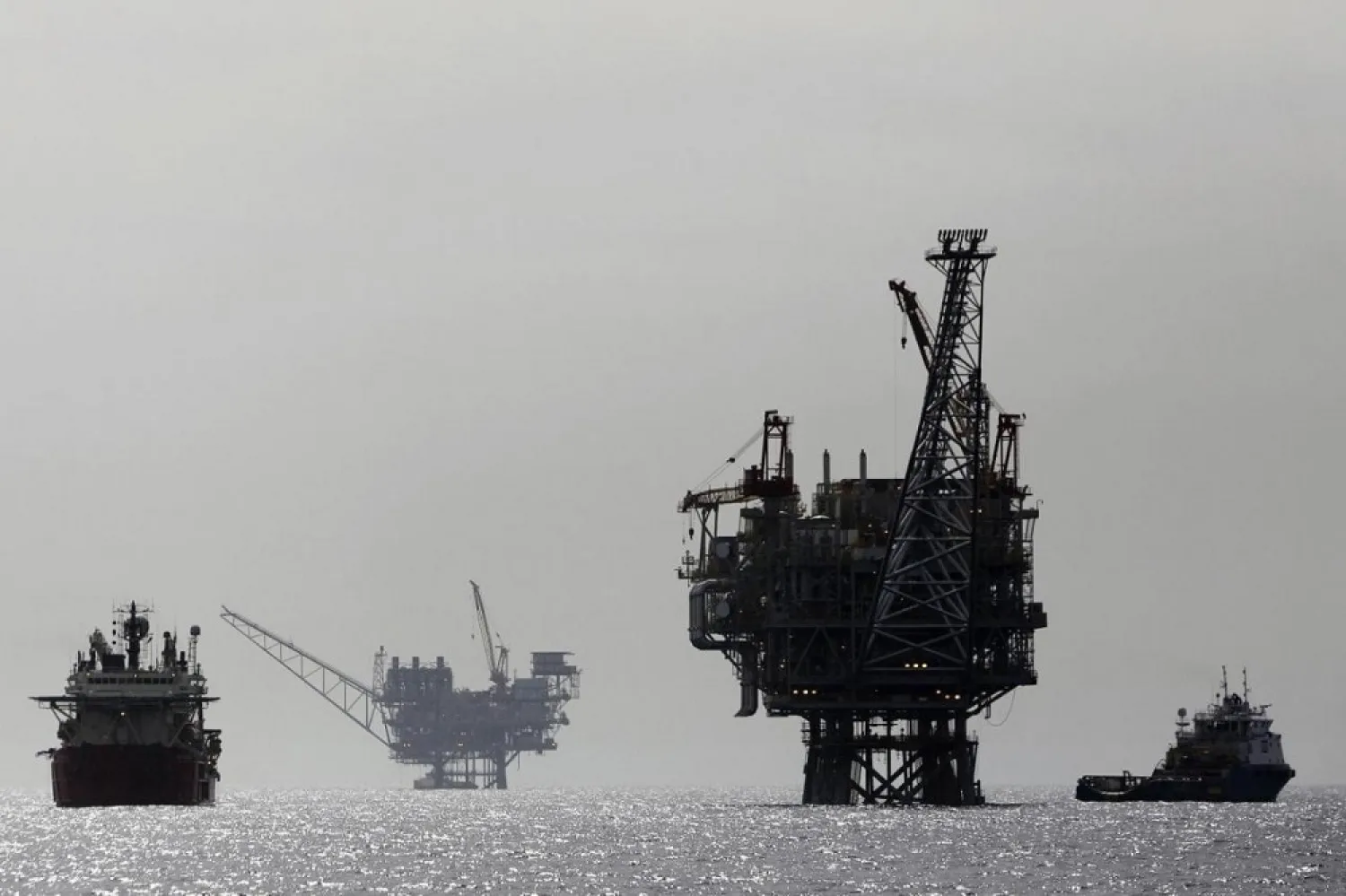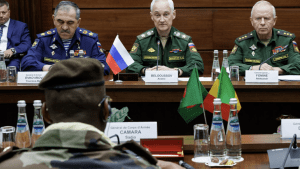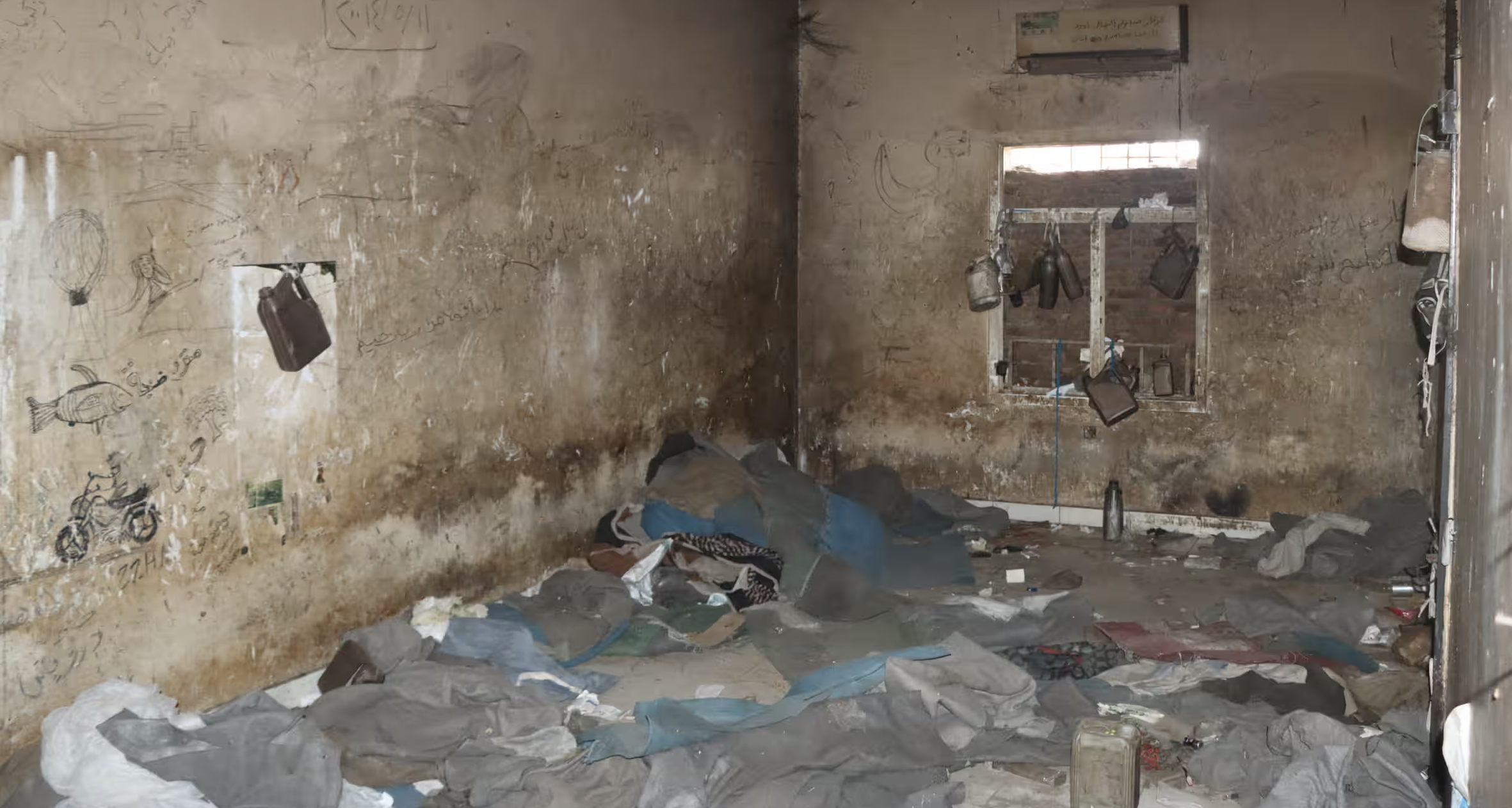Morocco dodges America’s sweetest trade war

Amidst the economic storm unleashed by the Trump administration’s new tariffs, Morocco stands out as a notable exception, reports Moroccan government-friendly outlet, Hespress. On the 16th of April, the kingdom joined Canada, Mexico, Jordan, Singapore, Chile, Australia, El Salvador, Honduras, and Nicaragua in its exemption from newly implemented duties on high-sugar imports. Ranging from 11.3 to 23.5 cents per kilogram, the tariffs apply to products containing more than 65% sugar by dry weight, targeting candies, sweetened beverages, and cocoa products.
While Morocco’s 2006 Free Trade Agreement with the United States—the only one of its kind between the US and an African country—has boosted bilateral trade, US exports to Morocco remain significantly higher than imports, signifying a trade imbalance that largely benefits the US.
However, beyond trade relations, this decision follows decades of deepening political, economic, and military cooperation rooted in Morocco’s status as an important non-NATO ally. Positioned at the crossroads of Africa, Europe, Asia, and the Americas, the nation is of important geostrategic value to the US, especially during a time of growing tensions with China and several European economies. In fact, the US Department of Agriculture describes Morocco as a ‘stable and growing market’ and a critical distribution hub for Africa, particularly for food products, considering the prevalent domestic demand and the development of local industry.
This position was further strengthened in 2020 when Washington recognized Moroccan sovereignty over the highly contested Western Sahara, a decision reiterated by the State Department following a meeting between Moroccan Foreign Minister Nasser Bourita and his US counterpart Marco Rubio on the 8th of April. This alignment was underscored by Washington’s recent approval of an $825 million missile deal, supplying Rabat with advanced weapons to further bilateral defense ties.
This mutual trust is reflected, albeit indirectly, in the tariff policy as the United States finds itself incentivized to protect its promising military and strategic partner.
Hespress, Maghrebi
Want to chase the pulse of North Africa?
Subscribe to receive our FREE weekly PDF magazine




